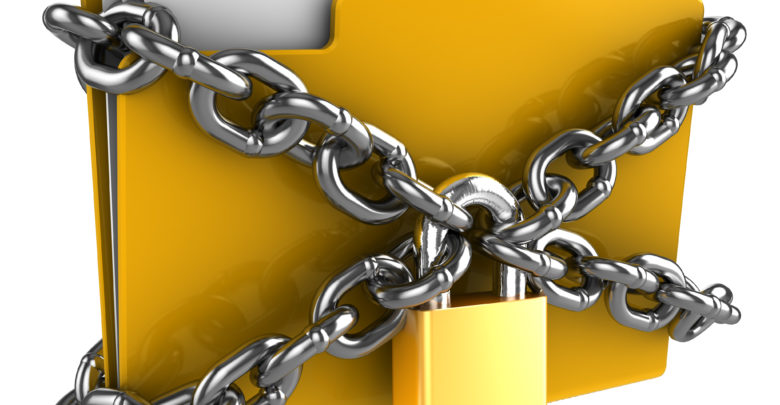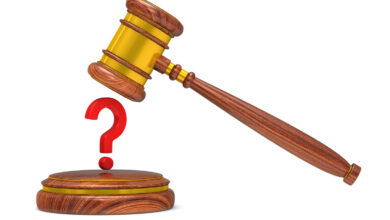Mueller’s Duck on Trump’s Obstruction of Justice

Robert Mueller’s no-decision on whether Donald Trump obstructed justice looks like a shocking dereliction of duty.
Making a determination on obstruction of justice, along with investigating Russia’s interference with the 2016 presidential campaign, was precisely what Mueller was appointed to do. Handing it off to Trump’s hand-picked Attorney General, William Barr, seems indefensible. It took Barr less than 48 hours to hand the victory to Trump.
I respect Mueller greatly, and would have accepted any decision he made on obstruction of justice, even if I didn’t agree with it.
But I have real difficulty accepting no decision at all.
I can think of only one explanation that could excuse this apparent dereliction of duty: that Mueller did not, in fact, leave the decision on obstruction to Barr. Instead, he left it to Congress to be resolved politically, not legally, in impeachment proceedings.
Barr’s letter-report to Congress is carefully and craftily worded. It doesn’t say that Mueller tried but was unable to make a determination on obstruction. It says that Mueller didn’t even try to make that determination. Instead, Mueller
“ultimately determined not to make a traditional prosecutorial judgment.”
And Barr’s report doesn’t say that Mueller actually said that the decision should be made by the Attorney General. Rather, Barr uses curiously passive language to convey his view, not Mueller’s, that Mueller’s failure to reach a legal conclusion had the effect of leaving it to the Attorney General:
“The Special Counsel’s decision to describe the facts of his obstruction investigation without reaching any legal conclusions leaves it to the Attorney General to determine whether the conduct described in the report constitutes a crime.”
Until we see Mueller’s report, we can’t know exactly why Mueller stated that “while this report does not conclude that the President committed a crime, it also does not exonerate him.”
The problem is that Barr’s summary of Mueller’s report omits any explanation of the context of Mueller’s no-decision on obstruction of justice. It doesn’t provide Mueller’s explanation of why he declined to make “a traditional prosecutorial judgment” on whether Trump obstructed justice.
The most likely explanation, at least to me, is that Mueller believed that a judgment as to whether the President of the United States obstructed justice was best left to Congress, rather than the criminal justice system. That would help explain Mueller’s curious reference to “a traditional prosecutorial judgment,” and would be consistent with Mueller’s understanding that Department of Justice regulations prohibited him from indicting Trump.
Why make a “traditional prosecutorial judgment” about someone who can’t be prosecuted?
In other words, it seems likely that Mueller wasn’t leaving the decision to Barr, but to Congress.
If Mueller’s report made that context clear – that he determined that the final say on obstruction should be made by Congress, not the legal system – then Barr’s failure to include that context in his summary is highly misleading. “He left it to me” isn’t the same thing as “he left it to Congress.” The former puts an end to the matter. The latter does the opposite by beginning a new process. Big difference.
That’s only one of the many reasons why we need to see the full Mueller report, and view any summary of it, especially from a Trump loyalist, with considerable skepticism.
In the meantime, I’m more inclined to believe that Barr’s summary of Mueller’s report is misleading than I am to believe that Mueller is guilty of such a shocking dereliction of duty.





Thanks as always. Doesn’t Barr’s use of “ultimately” mean (which we will learn when we see the report) not that Mueller “didn’t even try” but that Barr may be trying to pre-empt a Congressional process? And doesn’t Congress still have its full powers despite an attempted “Barr finesse,” so that – in Churchill’s term, we are just at “the end of the beginning”?
Yes and yes. Thanks for sharing.